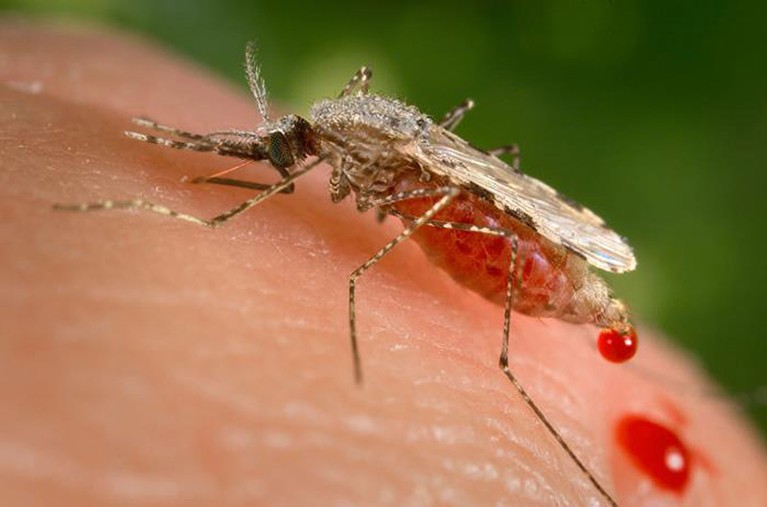
Date: [01/18/2024]
In a concerning development for global health efforts, a resilient and resistant mosquito, aptly named ‘Steve,’ is challenging the progress made in the fight against malaria, according to experts.
Malaria, a mosquito-borne disease, has been a longstanding target for eradication campaigns worldwide. However, the emergence of the so-called ‘Steve’ mosquito, named after the character’s resilience in popular culture, is complicating these efforts.
Scientists and health experts have identified a strain of mosquitoes that exhibits increased resistance to conventional insecticides and malaria control measures. This resistance poses a significant threat to the progress achieved in reducing malaria cases in recent years.
The ‘Steve’ mosquito is not a distinct species but rather a colloquial term used to describe a group of mosquitoes with genetic mutations that make them less susceptible to traditional anti-mosquito interventions. These mutations are believed to have developed as a response to widespread and intensive insecticide use.
Research indicates that these mosquitoes are adapting at an alarming rate, making them more challenging to control. The resilience of ‘Steve’ mosquitoes raises concerns about the effectiveness of current malaria prevention strategies, such as bed nets and indoor spraying.
Health organizations and researchers are now urgently working to understand the genetic makeup of these resistant mosquitoes and to develop alternative strategies to combat the growing threat. The fear is that if left unchecked, the resistant mosquitoes could reverse the gains made in malaria control and lead to an increase in cases globally.
International collaborations are underway to share knowledge and resources in the quest to outsmart the ‘Steve’ mosquito. The World Health Organization (WHO) has issued warnings about the need for innovative approaches and the development of new insecticides to stay ahead of the evolving mosquito populations.
The fight against malaria, once making significant strides, now faces a formidable adversary in the form of the ‘Steve’ mosquito. As scientists delve deeper into understanding the mechanisms behind this resistance, the urgency to adapt strategies and invest in cutting-edge research becomes paramount in the ongoing battle to eradicate malaria and ensure global health security.




